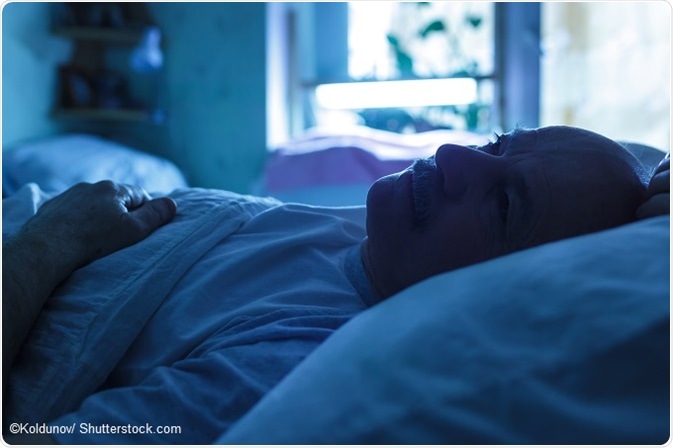Sleep-onset insomnia may be described as the inability to sleep when one is ready to, at the beginning of the night in most people. It may be temporary and acute, or chronic. It could manifest as daytime fatigue and sleepiness, loss of concentration, and irritability.

The severity of the symptoms depend upon the duration of insomnia. Prolonged sleep-onset insomnia may cause severe sleep deprivation with correspondingly major symptoms. These may include psychological or psychiatric symptoms which may have a significant impact upon the quality of life, as well as other metabolic disorders.
In most cases, individuals with sleep-onset insomnia do fall asleep after some time. However, the increased duration of sleep onset latency, which is the period taken for the onset of sleep, may become a major irritant and even cause self-fulfilling prophecies of insomnia. The total sleep time is also reduced if there is a significant prolongation of the sleep onset period.
Symptoms
Sleep onset insomnia may cause a variety of symptoms such as:
- Mood swings including depressive feelings
- Irritability
- Poor concentration
- Feeling of persistent fatigue
- Loss of libido
- Anxiety and depression
- Loss of coordination and mechanical dexterity
Causes
Sleep onset insomnia or acute onset may be traced to various triggers such as sudden changes in lifestyle, the onset of certain short-term stressors, or poor sleep hygiene. This may include a loud or noisy environment, intake of coffee or a large meal shortly before bedtime, or lack of adequate exercise. Using a computer, television, or smartphone in the bedroom may trigger incongruous stimuli which hinder sleep onset.
Another common factor is anxiety - up to 90 percent of anxious or depressed individuals have some type of sleep disorder, including sleep onset insomnia. This itself causes more anxiety and fear of remaining awake to build up, which further prolongs the sleep onset latency.
Behavioral disturbances may also contribute to the problem. Anxious or worried people often carry their worries to bed. Others may have rather rigid expectations of sleeping for a fixed number of hours and be worried if they wake up earlier, even if they feel fresh.
Emotional and mental fixations upon sleep deprivation has been suggested to cause persistent hyperarousal and anxiety at night, especially around bedtime, which further hinders sleep onset. Such an individual may try to quieten the racing thoughts and emotions that prevent sleep, only to make it more difficult to sleep after the inevitable failure to do so. This may breed another cycle of anxiety and insomnia.
Some medical or psychiatric disorders may also result in sleep-onset insomnia. These include restless legs syndrome, periodic limb movements in sleep, obstructive sleep apnea-hypopnea syndrome, congestive cardiac failure, and other circadian disorders which disturb the rhythm of the sleep-wake routine.
The cognitive component is equal in importance to the physical, because the subjective feelings of daytime exhaustion, impaired memory, and lack of refreshing sleep, are often not borne out by objective testing. In other words, patients are often more worried about the hypothetical lack of a proper duration of sleep than by their actual physical or mental symptoms. It follows that cognitive behavioral therapy is very successful in countering this misperception and promoting recovery from insomnia.
References
- https://www.ncbi.nlm.nih.gov/pmc/articles/PMC2924526/
- http://www.e-jsm.org/journal/view.php?number=97
Further Reading
Last Updated: Jun 11, 2019